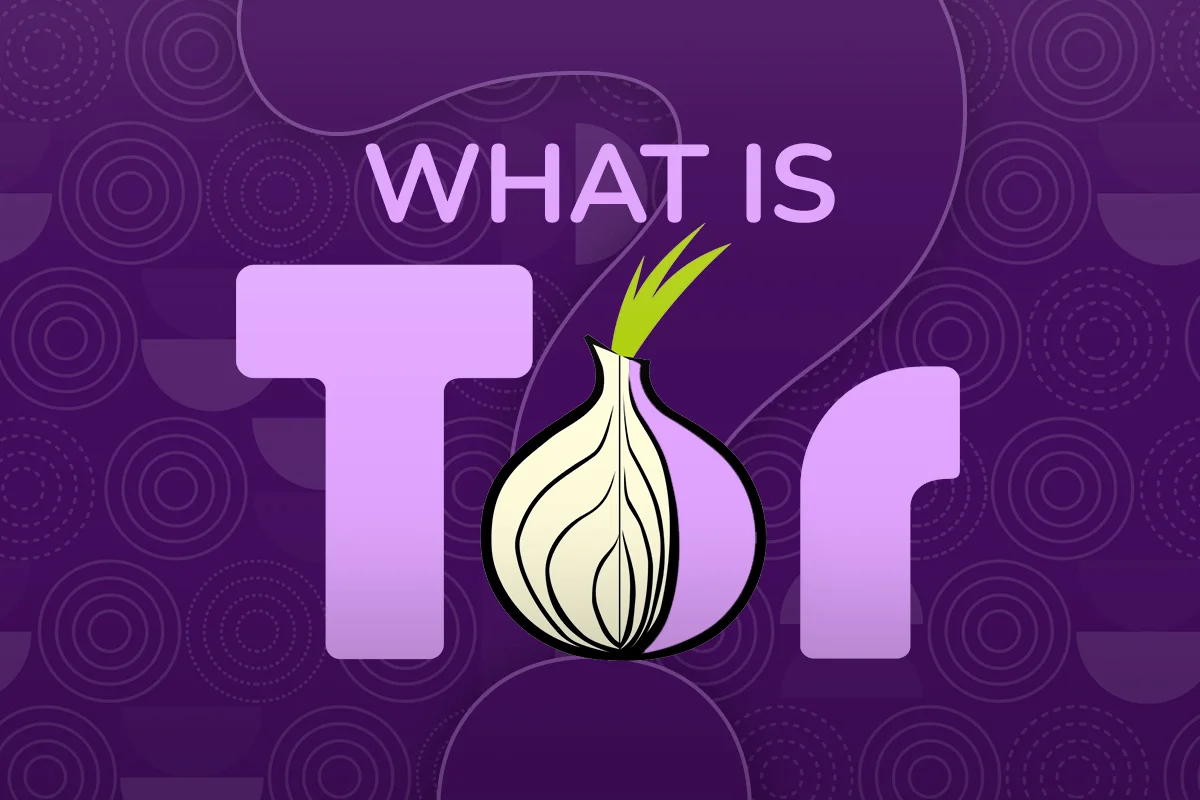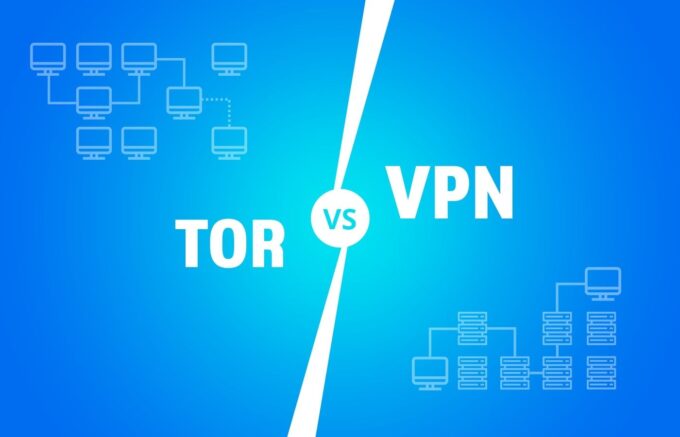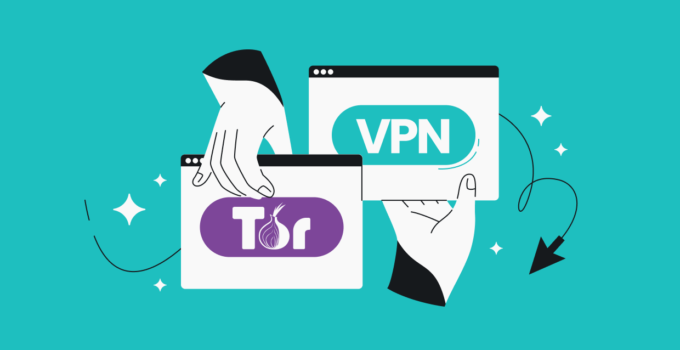In today’s digital age, safeguarding your online privacy and security is paramount. Two of the most prominent tools for achieving this are Virtual Private Networks (VPNs) and The Onion Router (Tor).
While both offer avenues for protecting your online activities, they operate differently and cater to diverse needs. This article aims to dissect these differences, offering a detailed comparison between VPNs and Tor in terms of security, privacy, and use-case scenarios.
What is a VPN?
A VPN serves as a shield for your internet activities. By encrypting your data and routing it through secure servers, it ensures that your online actions remain confidential. This encryption not only keeps your activities private but also protects your data from potential intruders.
Furthermore, VPN apps and browser extensions like tuxler VPN and many others offer the advantage of masking your IP address, making your virtual footprint anonymous, which makes them an excellent tool for a range of online activities, from securing sensitive transactions on public Wi-Fi networks to bypassing geo-restrictions and accessing content from different regions.
What is Tor?

Source: trustedreviews.com
Tor, on the other hand, is a decentralized network that prioritizes user anonymity. It routes your internet traffic through a series of volunteer-operated servers, each adding a layer of encryption, thus making it exceedingly difficult for anyone to trace your online activities back to you.
This complex relay system is the backbone of Tor’s ability to provide anonymity but comes at the cost of speed, as the layered encryption process can slow down your browsing experience.
Security and Privacy Approaches
While both VPNs and Tor emphasize privacy and security, they approach these goals differently. VPNs focus on creating a secure and encrypted tunnel for your data. They are versatile, catering not just to individuals seeking privacy but also to businesses looking to secure their data.
Tor, in contrast, is the go-to for those whose paramount concern is anonymity. Its infrastructure, designed to make tracking by third parties incredibly challenging, is particularly suited for tasks that require a high level of privacy.
Strengths of VPNs
VPNs shine in their ease of use, speed, and versatility. They are user-friendly, often requiring just a click to connect and secure your network. The speed is generally unaffected, making them ideal for streaming, gaming, and general browsing. Moreover, their ability to secure connections on public networks and access geo-restricted content adds to their appeal for a broad range of users.
Weaknesses of VPNs
However, VPNs are not without their drawbacks. The reliance on a VPN service provider requires trust, as the provider has the potential to access your data. Furthermore, while VPNs are excellent for privacy, they might not always offer the level of anonymity desired by some users, especially those engaging in highly sensitive activities.
Tor vs VPN ─ Making the Right Choice

Source: switchvpn.net
Choosing between VPN and Tor boils down to your specific needs and online activities. If your priority is speed and versatility for everyday online activities while maintaining privacy, a VPN might be your best bet.
On the other hand, if your activities require maximum anonymity, despite potential compromises in speed, Tor stands out as the more suitable option. Understanding the strengths and limitations of each tool is crucial.
A VPN offers a balance of speed, ease of use, and privacy, making it suitable for a wide range of online activities. Tor, with its focus on anonymity, caters to those who prioritize privacy above all else, even if it means dealing with slower speeds.
VPN vs Tor ─ Which Option is Best for Safety?
In the digital age, the quest for online privacy and security is paramount. Among the leading solutions are Virtual Private Networks (VPNs) and The Onion Router (Tor), each offering unique protections. This article delves into these technologies, comparing their functionalities, strengths, weaknesses, and best use-case scenarios to guide users in making an informed choice for their online safety.
Core Functionalities of VPNs and Tor

Source: welivesecurity.com
VPNs primarily focus on encrypting internet traffic, ensuring anonymity, and securing online activities. They create a secure tunnel between the user’s device and the internet, shielding data from external threats. This makes VPNs a popular choice for general browsing, accessing geo-blocked content, and safeguarding data, especially on public Wi-Fi networks.
Conversely, Tor is a decentralized network designed to anonymize users’ online identities. It routes internet traffic through a series of volunteer-operated servers or nodes. Each relay in this series adds a layer of encryption, making the origin and content of the user’s traffic increasingly obscure to any observers.
Strengths of Tor
Tor’s primary strength lies in its robust anonymity features. By routing traffic through multiple relays, it effectively conceals users’ IP addresses, making it incredibly challenging for third parties to track online activities. This level of anonymity is particularly beneficial for whistleblowers, journalists, or anyone needing to access sensitive information without revealing their identity.
Weaknesses of Tor
However, Tor is not without its drawbacks. The complex relay-based routing system inherently slows down browsing speeds, as each layer of encryption adds latency. Moreover, while Tor provides strong anonymity, maintaining privacy requires careful usage. Unsafe browsing habits or the use of unsecured applications over the network can still expose users to risks.
Use-Case Scenarios for VPNs

Source: kaspersky.com
VPNs are the go-to for a broader range of online activities. They are ideal for:
- General browsing, providing a balance of speed and security.
- Accessing geo-restricted content, such as streaming services or websites.
- Securing data on public Wi-Fi, encrypting traffic to protect against eavesdropping.
Use-Case Scenarios for Tor
Tor, on the other hand, is favored for activities where anonymity is paramount. It is best used for:
- Whistleblowing or journalism, where protecting one’s identity is crucial.
- Accessing the dark web or sensitive information, where user anonymity needs to be preserved at all costs.
How to Choose the Right Option
Choosing between a VPN and Tor depends on the user’s specific needs and online activities. If speed, ease of use, and accessing content are priorities, a VPN is typically the best choice. However, for activities requiring the highest level of anonymity, Tor is unparalleled.
Users must understand the differences between these technologies. While a VPN encrypts traffic and hides IP addresses from external observers, it doesn’t provide the same level of anonymity as Tor. Conversely, while Tor offers superior anonymity, it comes with limitations in speed and user-friendliness.
Conclusion
When considering online safety and privacy, understanding the functionalities, strengths, and appropriate use cases of VPNs and Tor is vital. VPNs offer a versatile solution for general privacy needs, content access, and data security, especially on unsecured networks.
Tor, although slower, provides unmatched anonymity for sensitive online activities.
Ultimately, the choice between VPN and Tor should align with the user’s specific safety and privacy concerns. By comprehensively understanding the capabilities and limitations of each option, users can make an informed decision, ensuring their online activities are secure and private in an increasingly digital world.







